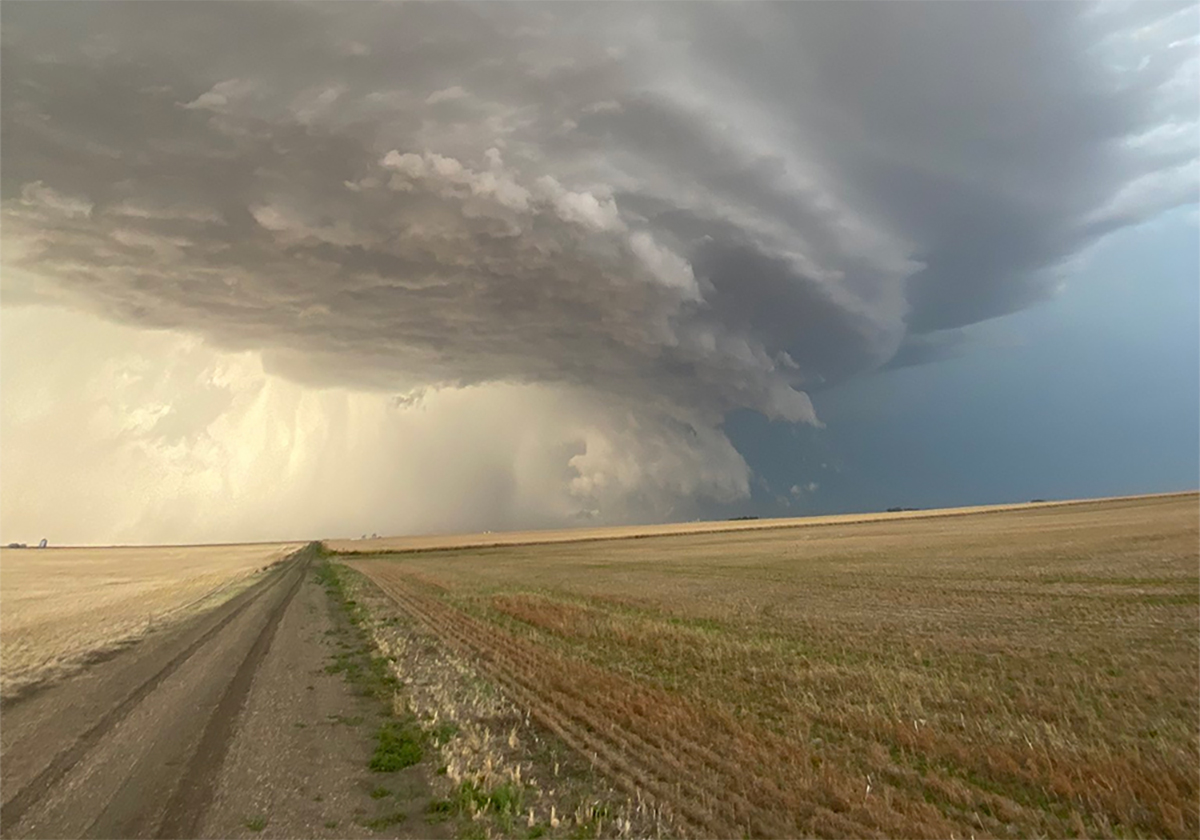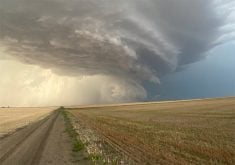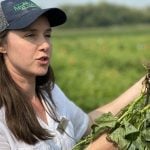The Canadian Food Inspection Agency decision to not publicly report the latest case of BSE may have hurt the beleaguered beef industry, says an industry official.
CFIA tests confirmed Canada’s 17th case of BSE in an Alberta beef cow in February, but federal officials told only people in the cattle industry, the chief provincial veterinarians in each province, the U.S. Department of Agriculture and other trading partners through their embassies.
The information was not posted on CFIA’s website or sent to media outlets until March 10, when media began calling CFIA about the case.
Read Also

Factors that can cause heavy rainfall
There are several factors that can contribute to an extreme rainfall event, the first is atmospheric moisture.
Alberta Beef Producers general manager Rich Smith said he was told about BSE’s discovery in a 72-month-old Black Angus beef cow when it was confirmed Feb. 25.
When he never received media calls, Smith said, he thought it reflected a lack of interest.
While the first few cases of BSE created international publicity, the last dozen have barely rated a mention in newspapers. The perceived secretive nature of the latest case has put BSE back in the media spotlight.
“This could create a backlash, that’s for sure,” said Smith.
“We now run the risk of creating a story because CFIA didn’t tell people. We run the risk of creating a story when there wasn’t one.”
Last August, CFIA officials changed the way BSE and other farmed animal diseases were reported.
Instead of sending out notification to news media and the public about new BSE cases, the CFIA now posts information monthly on its website.
CFIA spokesperson Dr. Connie Argue said the decision not to tell the public and media about the latest case when it happened was part of the new CFIA policy.
“Certainly our trading partners were informed,” she said.
Under the new policy, only new emerging diseases or diseases that affect the public are notified immediately.
“BSE is not unexpected,” Argue said.
John Masswohl with the Canadian Cattlemen’s Association said the group plans to meet with CFIA and discuss which countries were notified.
Masswohl, who recently returned from vacation, said he was surprised when R-CALF USA, an American cattle group that is lobbying to stop Canadian cattle imports into the United States, accused Canada of keeping the latest case a secret.
“I just figured I was the last to know,” he said.
R-CALF has been using the CFIA’s new reporting policy to support its arguments.
“If we had not discovered this information, the public may never have known,” said R-CALF chief executive officer Bill Bullard.
The animal was detected under the national surveillance program. The birth farm has been identified and an investigation is underway.
Gina Teel, CCA’s communication spokesperson, said the association knew CFIA changed its reporting procedures but wasn’t aware of the full details.
She said the CCA will evaluate the situation to determine the effects of the new policy.
The association will continue its practice of not responding until information is posted on CFIA’s website, she added.
The latest case will delay to 2016 the earliest date Canada can upgrade its controlled risk status at the World Organization for Animal Health. A country cannot apply for negligible status sooner than 11 years after the last case of BSE.
Ted Haney, president of the Canada Beef Export Federation, said in an e-mail that the reporting gap did not represent a gap in animal health or food safety but was in line with the previously announced change in the reporting strategy on BSE.
Japan temporarily suspended customs clearance of Canadian beef Feb. 26 and then resumed customs clearance of Canadian beef later that day.
BSE in Canada
- Canada only allows the import of live ruminants and their meat and meat products from countries that Canada considers to be free of BSE. It has additional import controls for animal products and byproducts from countries that have confirmed BSE in native animals. Their animal products are assessed on a case-by-case basis and may be permitted entry if they are judged not to present a risk of introducing BSE
- Canada has not imported ruminant-derived meat and bone meal for the purpose of livestock feeding from Europe for more than a decade. In December 2000, the Canadian Food Inspection Agency suspended the importation of rendered animal material of any species from any country that Canada did not recognize as free of BSE
- Canada requires the removal of certain cattle tissues, know as specified risk material (SRM), from all animals slaughtered for human consumption. SRM are tissues that, in BSE-infected cattle, contain the agent that may transmit the disease. In diseased animals, the infective agent is concentrated in certain tissues such as the brain and spinal cord














